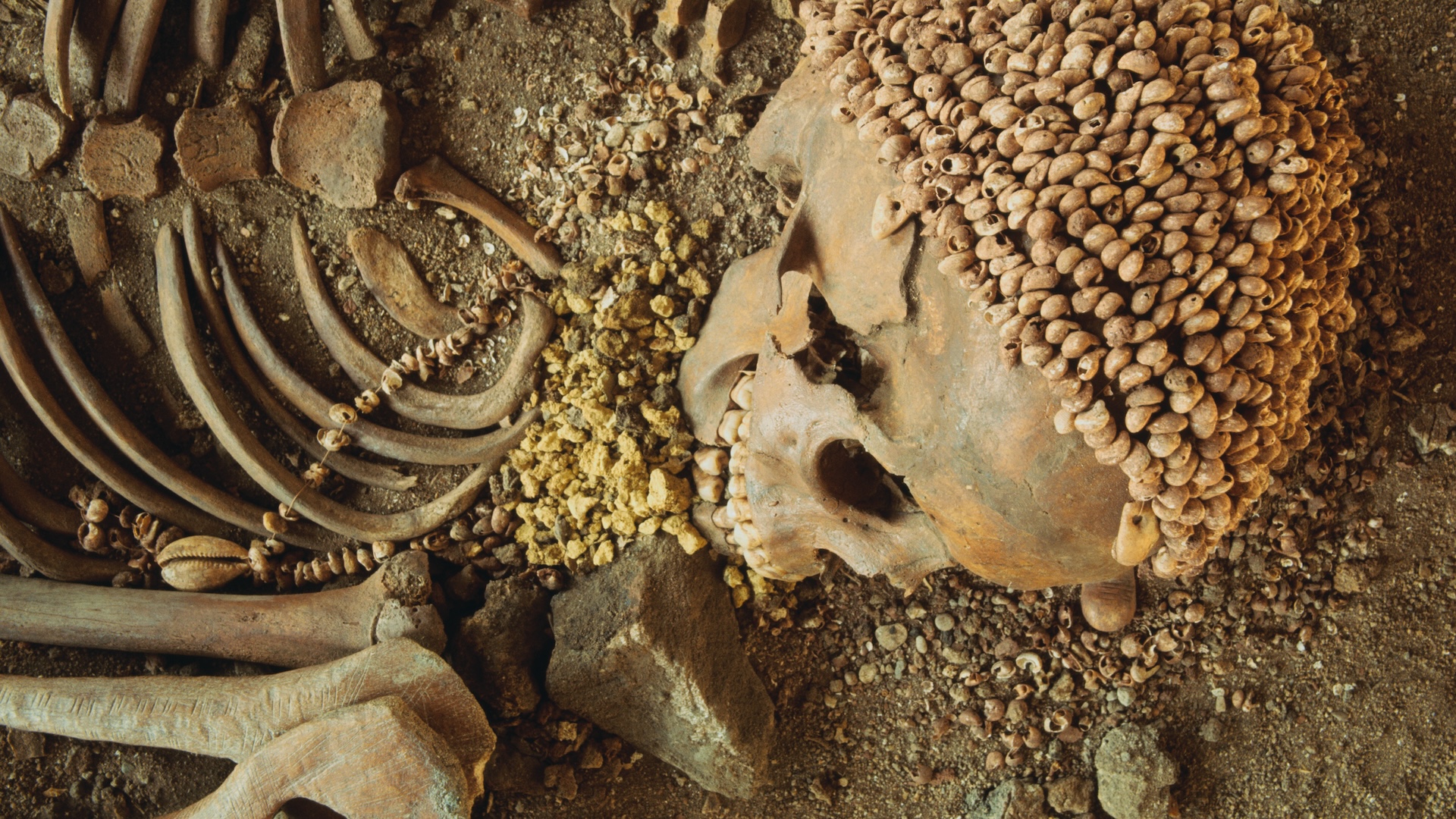IJMS, Vol. 25, Pages 9700: Clinical and Genetic Insights into Desbuquois Dysplasia: Review of 111 Case Reports
International Journal of Molecular Sciences doi: 10.3390/ijms25179700
Authors: Hubert Piwar Michal Ordak Magdalena Bujalska-Zadrozny
Skeletal disorders encompass a wide array of conditions, many of which are associated with short stature. Among these, Desbuquois dysplasia is a rare but severe condition characterized by profound dwarfism, distinct facial features, joint hypermobility with multiple dislocations, and unique vertebral and metaphyseal anomalies. Desbuquois dysplasia is inherited in an autosomal recessive manner, with both the DBQD1 (MIM 251450) and DBQD2 (MIM 615777) forms resulting from biallelic mutations. Specifically, DBQD1 is associated with homozygous or compound heterozygous mutations in the CANT1 gene, while DBQD2 can result from mutations in either the CANT1 or XYLT1 genes. This review synthesizes the findings of 111 published case reports, including 54 cases of DBQD1, 39 cases of DBQD2, and 14 cases of the Kim variant (DDKV). Patients in this cohort had a median birth weight of 2505 g, a median length of 40 cm, and a median occipitofrontal circumference of 33 cm. The review highlights the phenotypic variations across Desbuquois dysplasia subtypes, particularly in facial characteristics, joint dislocations, and bone deformities. Genetic analyses revealed a considerable diversity in mutations, with over 35% of cases involving missense mutations, primarily affecting the CANT1 gene. Additionally, approximately 60% of patients had a history of parental consanguinity, indicating a potential genetic predisposition in certain populations. The identified mutations included deletions, insertions, and nucleotide substitutions, many of which resulted in premature stop codons and the production of truncated, likely nonfunctional proteins. These findings underscore the genetic and clinical complexity of Desbuquois dysplasia, highlighting the importance of early diagnosis and the potential for personalized therapeutic approaches. Continued research is essential to uncover the underlying mechanisms of this disorder and improve outcomes for affected individuals through targeted treatments.

 1 week ago
26
1 week ago
26


